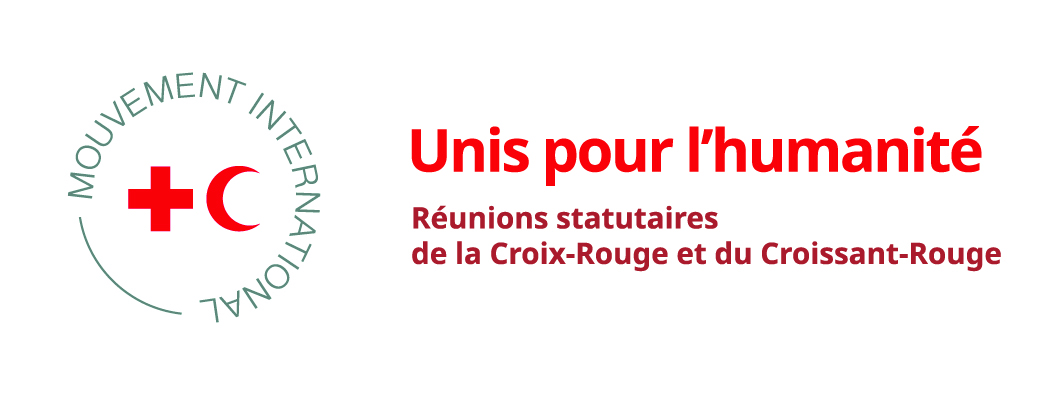A) Objectifs de l’engagement
Recognizing that armed conflict causes humanitarian needs on a significantly larger scale in urban compared to less populated areas, we share the deep concerns and fully support the calls formulated in the International Red Cross and Red Crescent Movement’s Solemn Appeal on War in Cities.
Civilians in urban areas rely on a complex network of systems and infrastructure for their essential needs, such as electricity, water and sanitation. Armed conflict can damage or disrupt the interdependent systems providing these essential services, depriving civilians of their basic needs, with devastating knock-on effects. They can cause public health problems such as the spread of illnesses and ultimately lead to deaths among civilians, with children at particular risk. Long term disruption to services – which is exacerbated in protracted armed conflicts – can destroy livelihoods, make cities unlivable and trigger displacement. The impacts can reverberate for generations: Children and youth are denied safe and continuous access to education, their opportunities for technical training and professional development hampered, which in turn adversely affects the post-conflict replenishment of a skilled workforce. Critical infrastructure will only benefit civilians if essential services personnel can safely access their places of work to ensure the systems’ safe and continuous functioning, operating and maintaining the services and repairing infrastructure as necessary. In many cases, however, personnel in the electricity, water and sanitation sectors face serious security risks, access restrictions, and administrative impediments complicating their work.
We, therefore, pledge to work towards greater respect and protection of vital infrastructure and essential service personnel during situations of urban warfare, as these services are central to the protection and livelihoods of all civilians.
B) Plan d’action
- Promoting the universalization and effective implementation of the EWIPA Political Declaration of 2022 to mitigate indiscriminate effects of explosive weapons use in populated areas on civilians and civilian objects, including vital infrastructure.
- Advocating within the RC/RC Movement, the wider humanitarian community, and in international policy fora that ensuring the continuous functioning of essential services during armed conflict is acknowledged as a key component of humanitarian action.
- Building environments conducive to IHL compliance, including by explicitly highlighting in both public communication and direct engagement with parties to conflict the need to protect essential service providers as civilians operating, maintaining or repairing critical infrastructure indispensable to the survival of the civilian population.
- Supporting the work of components of the International Red Cross and Red Crescent Movement that directly support, coordinate and/or collaborate with essential service providers in urban conflict settings.
C) Indicateurs permettant de mesurer les avancées:
N/A
D) Ressources nécessaires:
N/A



